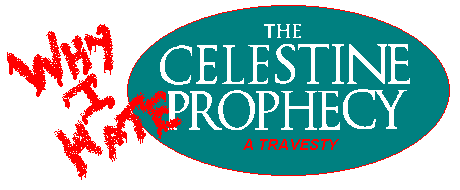Welcome to Spirit!
This is amazing http://www.real-wishes.com
| Victory's Affirmation: I AM calling on |
Joe's Affirmation
|

|
|
|
|
The scrolls were said to be discovered during the time of Celestine V, the reluctant Pope
-
Only Pope to abdicate, canonized on May 5, 1313 - The primary objective of his pontificate was to reform clergy, many of whom were using spiritual power to obtain wordly power. Celestine sought a way to bring the faithful to the original Gospel spirit, and he settled on "Pardon" - he called for a year of forgiveness of sins, and return to evangelical austerity and fidelity. He reigned five months, and the members of the Vatican Curia took advantage of him. This led to much mismanagement, and great uproar in the Vatican. Knowing he was responsible, Celestine asked forgiveness for his mistakes, and abdicated on 13 December 1294, the only pope to do so. His successor, Boniface VIII, kept Celestine hidden for the last ten months of his life in a small room in a Roman palace. Celestine may have appreciated it - he never lost his love of the hermit's life, and spent his last days in prayer.
Links to the CELESTINE PROPHECY
-
Celestine
Prophecy Guides
Celestine Prophecy & Tenth Insight guide books by Carol Adrienne
Ph.D.
www.caroladrienne.com -
The
Celestine Prophecy
Huge selection, great deals on The Celestine Prophecy items.
shopping.yahoo.com -
A
New Celestine Prophesy?
Read this fascinating story of a woman's search for meaning
www.WakingMaya.com -
True
Prophecy
One of the greatest mysteries of all time explained.
www.wonderfulworldtomorrow.org -
Like
Celestine Prophecy?
Try the Inner Whispers Newsletter written via a deep trance channel.
www.InnerWhispers.net -
James
Redfield
Find James Redfield Books at Great Prices.
www.Pronto.com -
The
Celestine Prophecy Find When the Celestine Prophecy Is On TV. We
Have All Local Schedules!
www.LocateTV.com -
The
Celestine Prophecy
Celestine Prophecy, The (2006) Movie Reviews, Ratings, &
Rankings
Movies.TopTenReviews.com- The Celestine Prophecy
On the other hand. . .
Always, there remains the other side of the coin. Read Ken Moyle's POV on this 98-week NY Times best-seller phenomenon by James Redfield.



 Summary version of the 10 Insights:
Summary version of the 10 Insights:













